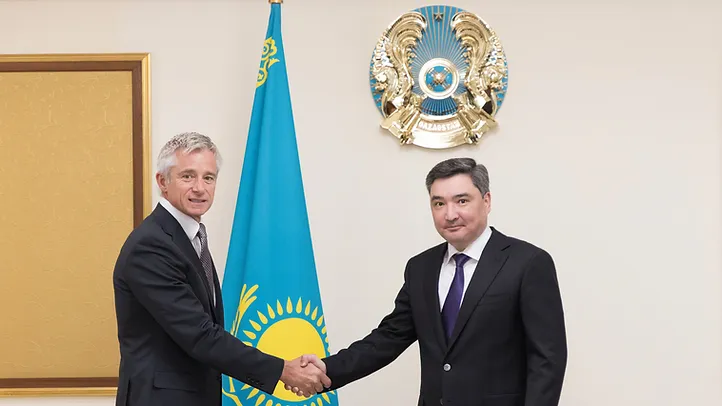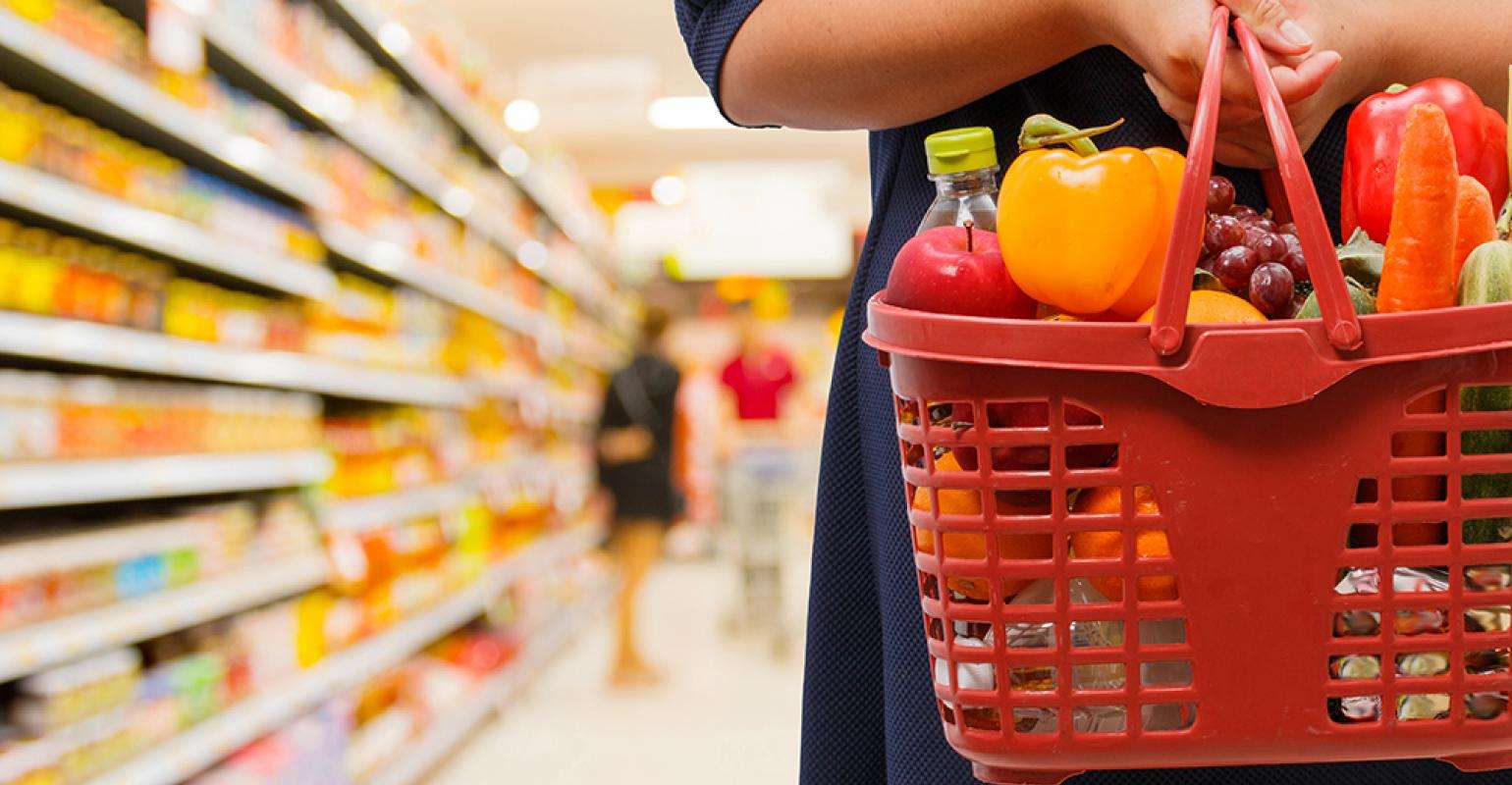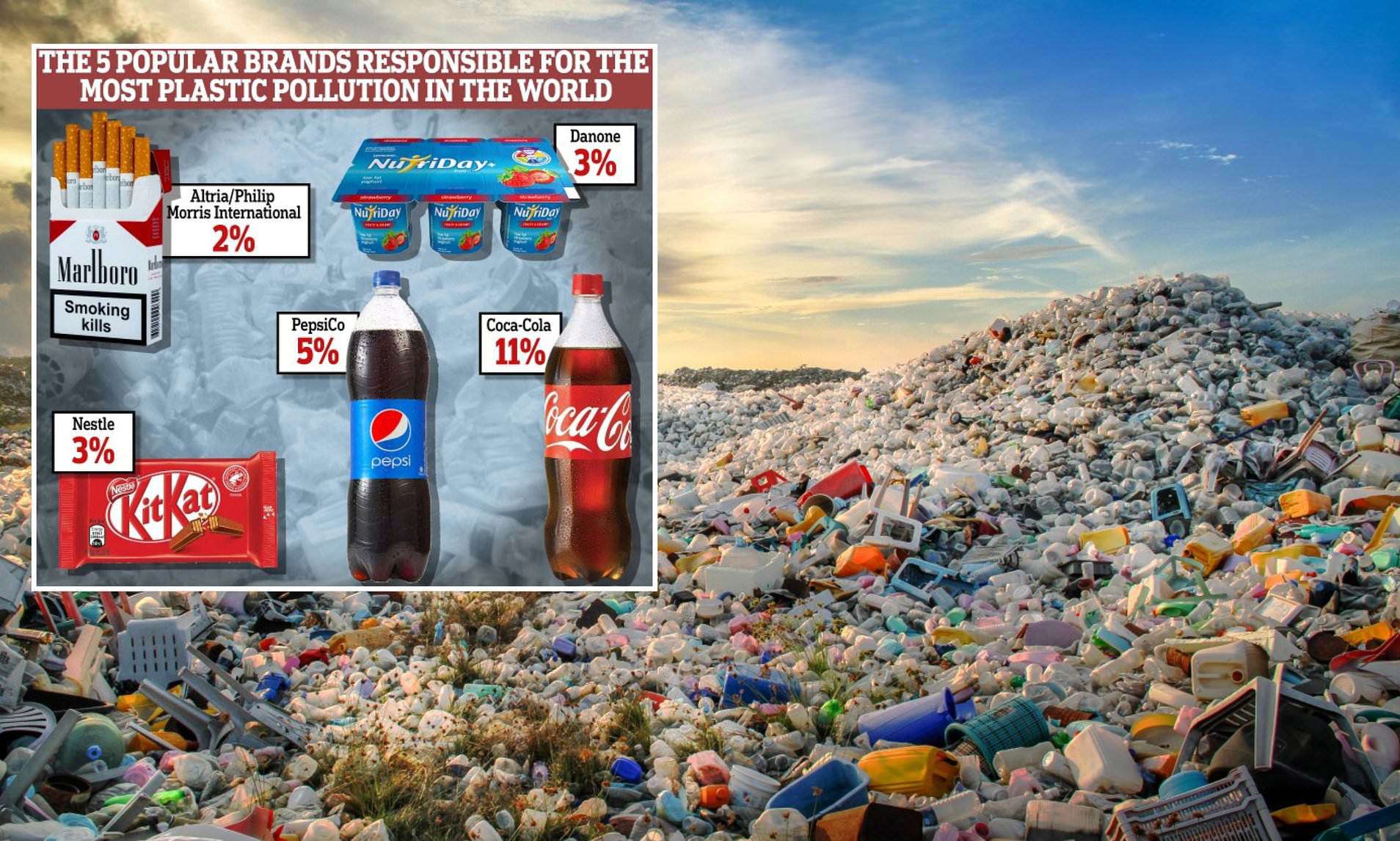Introduction
PepsiCo, one of the world’s leading food and beverage companies, has announced plans to invest $160 million in constructing a new salty snacks plant in the Almaty region of Kazakhstan. This significant investment marks a strategic move to expand PepsiCo’s production capabilities and leverage local agricultural resources. The new facility will manufacture a variety of PepsiCo products, including the popular Lay’s crisps, and is expected to play a crucial role in boosting the local economy and advancing sustainable practices.
Strategic Investment in Kazakhstan
Kazakhstan’s Prime Minister, Olzhas Bektenov, officially announced PepsiCo’s investment plan, highlighting the project’s potential to enhance the country’s agricultural processing capabilities. According to Bektenov, the new plant will not only localize production but also introduce innovative technologies that will benefit Kazakhstani farmers and the broader agricultural sector.
Production Capacity and Timelines
The construction of the facility is slated for completion by 2026. Once operational, the plant will have an initial production capacity of up to 16,000 tonnes of snack products per year. PepsiCo has ambitious plans to increase this capacity to 17,000 tonnes annually starting from 2027. The finished products will be distributed throughout the Central Asian market and beyond, positioning Kazakhstan as a key player in PepsiCo’s global supply chain.
Local Sourcing and Agricultural Partnerships
David Manzini, president of PepsiCo’s business in Russia and the Commonwealth of Independent States (CIS), met with Prime Minister Bektenov to discuss the details of the new site. Manzini emphasized PepsiCo’s commitment to sourcing the majority of its raw materials from local businesses. The company is already collaborating with Kazakhstani farmers to test batch potatoes, with plans to purchase between 50,000 and 66,000 tonnes of potatoes from 2026 to 2030, with potential increases in the future.
Sustainable Technology and Innovation
The new plant will incorporate state-of-the-art sustainable technologies aimed at minimizing environmental impact. PepsiCo has committed to ensuring that 100% of waste generated by the facility will be recycled and repurposed. This initiative is part of PepsiCo’s broader sustainability agenda, which includes reducing waste, conserving resources, and promoting eco-friendly practices.
Economic and Employment Benefits
The construction and operation of the new facility are expected to provide significant economic benefits to the Almaty region. During the construction phase, the project will employ around 1,000 workers, and once operational, it will create approximately 350 skilled jobs. These new employment opportunities will contribute to the local economy and provide valuable skills and training for the workforce.
Long-term Commitment and Future Investments
Prime Minister Bektenov expressed Kazakhstan’s commitment to fostering long-term cooperation with strategic investors like PepsiCo. He emphasized the importance of honoring investment protection obligations and providing the necessary support to facilitate successful project implementation. Bektenov also noted the United States’ role as one of Kazakhstan’s most important investment partners, highlighting the strategic significance of PepsiCo’s investment.
Recent Investments in the Snacking Sector
PepsiCo’s investment in Kazakhstan is part of a broader strategy to expand its presence in the global snacking sector. In May, the company announced an £8 million investment in its Pipers Crisps manufacturing site in the UK. Additionally, in April, PepsiCo invested approximately $151.7 million to build a new flavor manufacturing facility in Ujjain, Madhya Pradesh, India. These investments reflect PepsiCo’s ongoing commitment to enhancing its production capabilities and meeting the growing demand for its products worldwide.
Conclusion
PepsiCo’s $160 million investment in a new salty snacks plant in Kazakhstan represents a significant milestone in the company’s global expansion strategy. The project is expected to boost local agriculture, create jobs, and promote sustainable practices, underscoring PepsiCo’s commitment to innovation and community development. As the new facility gears up for production by 2026, it will not only enhance PepsiCo’s supply chain but also strengthen the economic and technological landscape of the Almaty region.
Source: Foodbev



